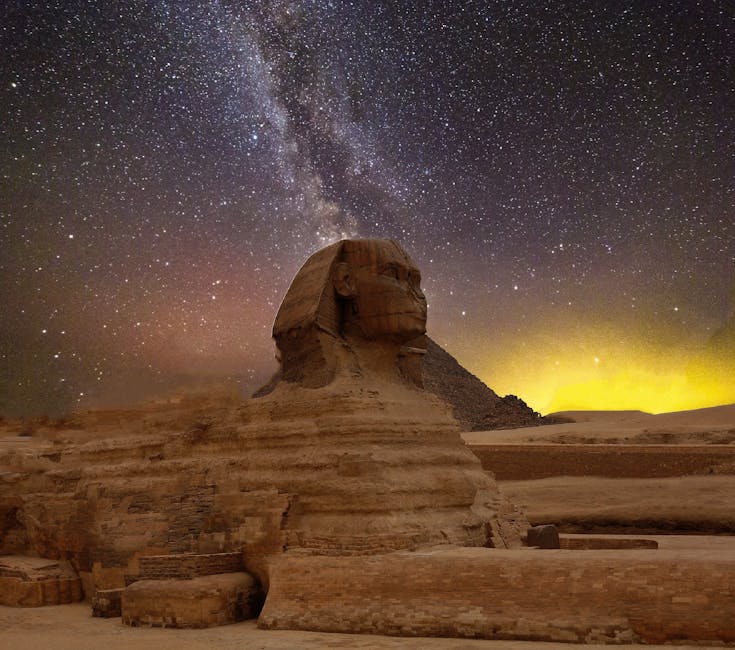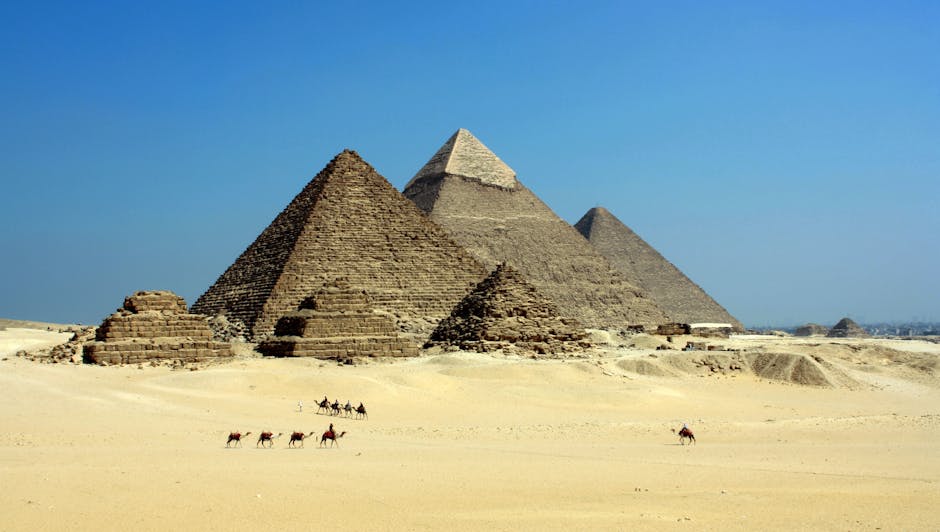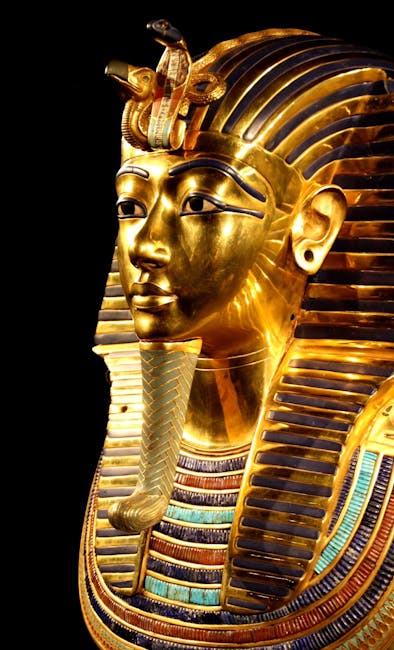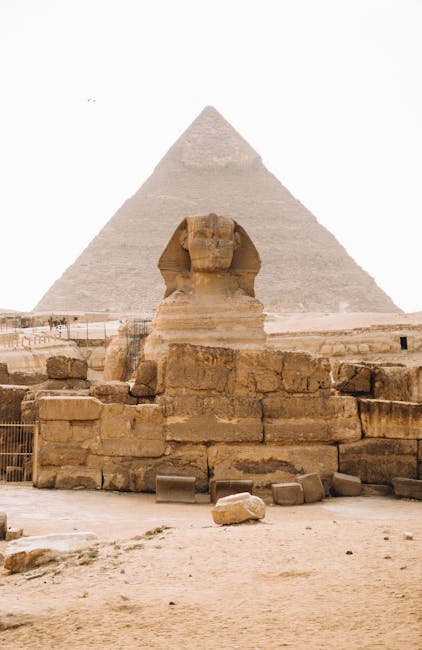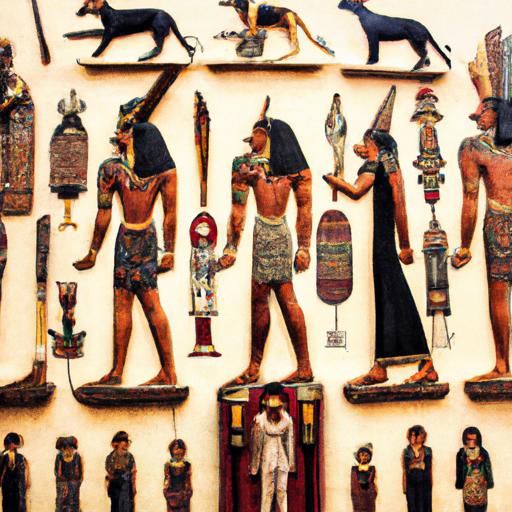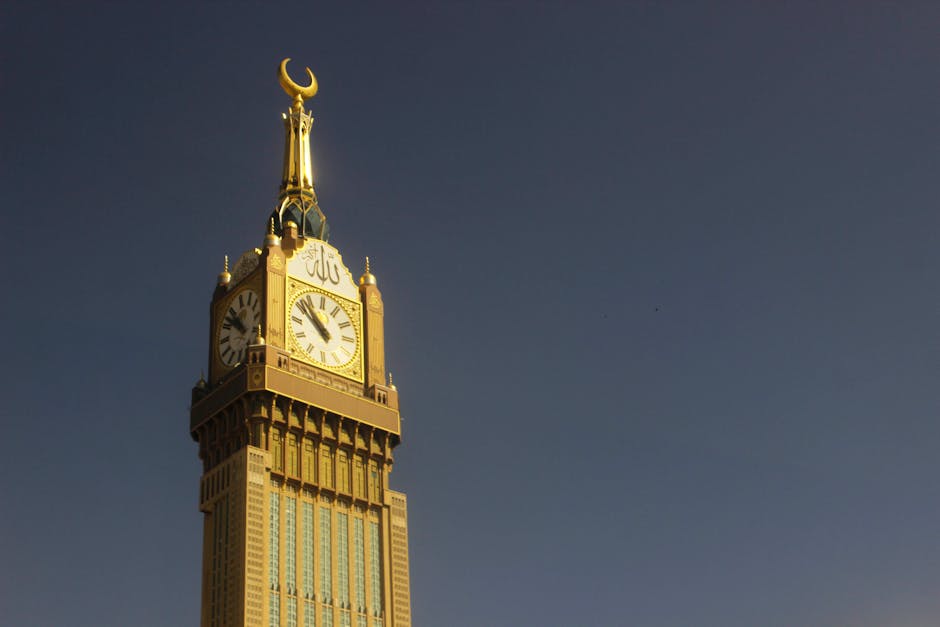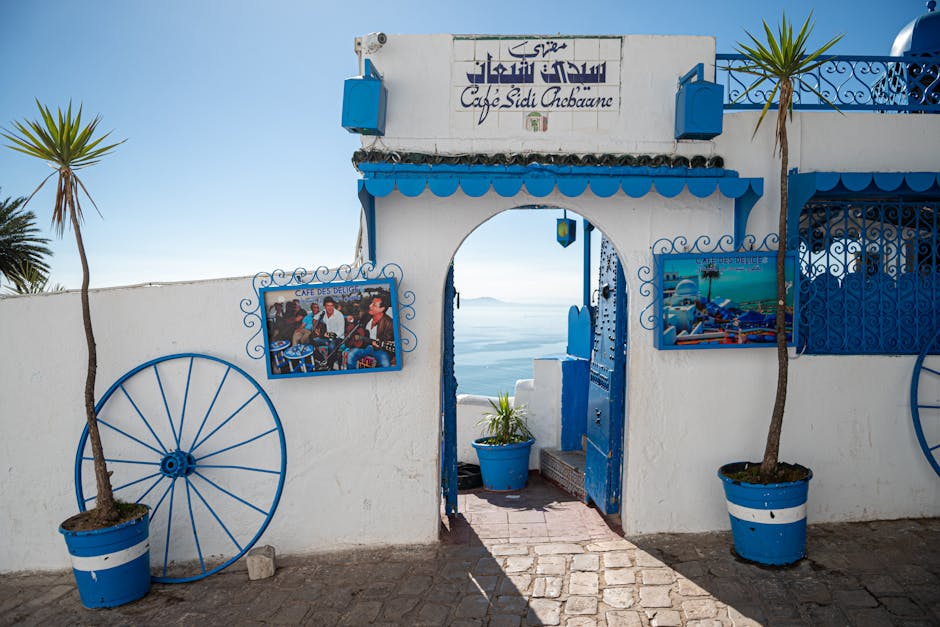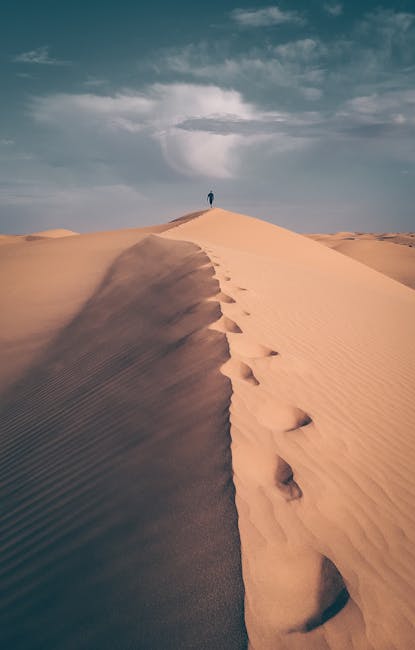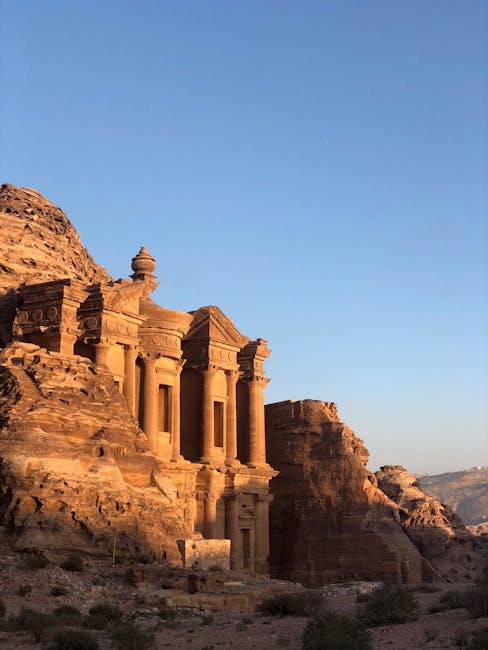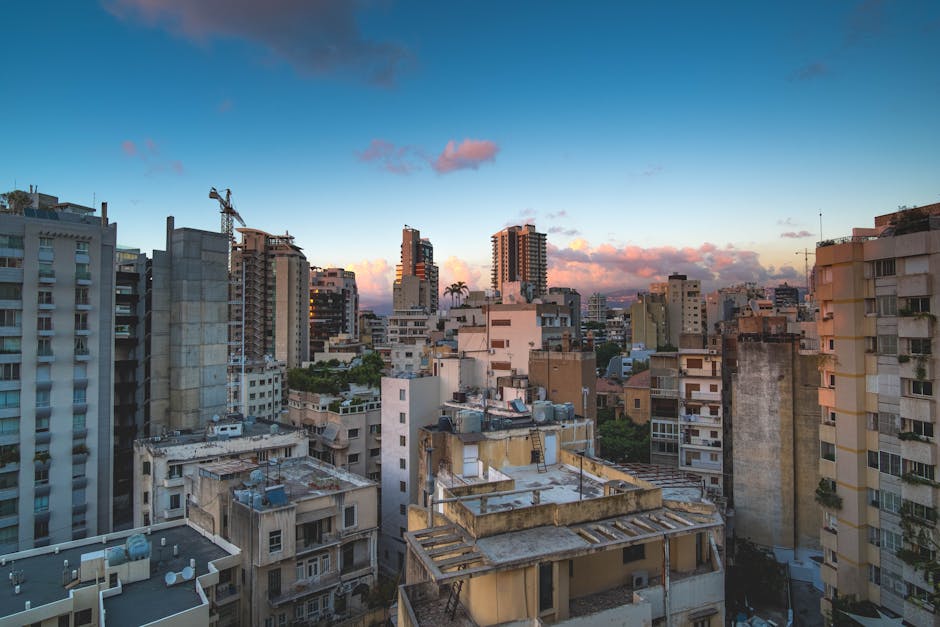Egypt
Overview
Egypt: A Land of History and Culture
Egypt, located in the northeastern corner of Africa, is a country steeped in history and rich cultural heritage. Known as the Cradle of Civilization, it is famous for its ancient monuments, such as the Pyramids of Giza and the Sphinx, as well as its vibrant culture that blends influences from Africa, the Middle East, and the Mediterranean. Egyptian cuisine, music, and dance are unique amalgamations of these influences, creating a cultural experience unlike any other. The Egyptian people are known for their warmth and hospitality, adding a personal touch to the awe-inspiring sights and sounds of the country.
Tourism Seasons in Egypt
The high season for tourism in Egypt is from October to April, when the weather is cooler. However, December and January are the peak months due to the pleasant temperatures and lower humidity, making it ideal for sightseeing. During this time, visitors can explore the ancient pyramids and temples, cruise down the Nile River, or visit the bustling markets of Cairo. For the adventurous, there are activities like sandboarding in the desert, snorkeling and diving in the Red Sea, or hot air ballooning over Luxor. Egypt's diverse landscape offers a variety of activities, ensuring that there's something for every kind of traveler.
Preparing for Your Trip
Before visiting Egypt, there are a few things travelers need to prepare. A valid passport and visa are required. It's recommended to check the latest visa requirements as they can change. It's also advisable to get necessary vaccinations, as recommended by the World Health Organization. Travelers should pack lightweight clothing for the day, warmer layers for cooler nights, and conservative attire for visiting religious sites. It is also recommended to learn a few basic Arabic phrases, as this can enhance interactions with locals. Lastly, make sure to get travel insurance that covers medical emergencies, as healthcare in Egypt can be expensive. By being prepared, one can ensure a smooth and enjoyable trip to Egypt.
A Glimpse into the Past
Egypt, a country known for its rich history and stunning landscapes, presents a fascinating tapestry of ancient civilization, cultural evolution, and modern development. The journey through Egypt's history offers travelers a glimpse into the past that has shaped one of the world's oldest civilizations.
Ancient Egypt flourished along the banks of the Nile River, which provided fertile land for agriculture and became central to the lives of its inhabitants. The period known as the Old Kingdom (c. 2686–2181 BCE) was marked by the construction of the iconic pyramids, including the Great Pyramid of Giza, one of the Seven Wonders of the Ancient World. Visitors to these monumental structures can marvel at the architectural achievements that reflect the Egyptians' advanced understanding of mathematics and engineering.
The Middle Kingdom (c. 2055–1650 BCE) followed, characterized by political stability and economic prosperity. During this time, art and literature flourished, and the famous story of Sinuhe, an ancient tale of exile and return, reflects the complex social dynamics of the period. The Temple of Karnak, located in Luxor, stands as a testament to the religious fervor of the time, showcasing magnificent columns and statues dedicated to the gods.
The New Kingdom (c. 1550–1070 BCE) is often regarded as the peak of ancient Egyptian civilization. It was during this era that powerful pharaohs such as Hatshepsut, Akhenaten, and Ramesses II ruled. Hatshepsut, one of the few female pharaohs, is celebrated for her successful trade expeditions and monumental architecture, particularly her mortuary temple at Deir el-Bahari. Akhenaten is known for attempting to shift Egypt to monotheism with the worship of Aten, a radical departure from traditional polytheism. Travelers can explore the ruins of Amarna, the city he established, which reflects his unique religious vision.
After Akhenaten’s reign, Ramesses II, often called Ramesses the Great, led military campaigns and expanded Egypt’s territory. His legacy is immortalized in the Abu Simbel temples, which were carved out of mountains and represent his devotion to the gods and his own power. The temples' relocation in the 1960s to avoid flooding from the Aswan High Dam is also a significant story of modern engineering and preservation.
Following the decline of the New Kingdom, Egypt experienced invasions and foreign rule, including the Assyrians, Persians, and eventually the Greeks. The arrival of Alexander the Great in 332 BCE marked the start of the Hellenistic period, bringing Greek culture and influence. Alexandria, founded by Alexander, became a major center of learning and culture, housing the famous Library of Alexandria, a symbol of knowledge and scholarship.
The subsequent rule of the Ptolemies, a dynasty that descended from one of Alexander's generals, saw a fusion of Greek and Egyptian cultures. The Ptolemaic dynasty produced notable figures such as Cleopatra VII, the last active ruler of the Ptolemaic Kingdom, who is famously known for her alliances with Roman leaders Julius Caesar and Mark Antony. The Temple of Philae, dedicated to the goddess Isis, is a beautiful site reflecting the syncretism of Greek and Egyptian religious practices.
With the Roman conquest in 30 BCE, Egypt became a province of the Roman Empire. This period saw the spread of Christianity, which gradually replaced ancient Egyptian religions. The Catacombs of Kom el Shoqafa in Alexandria, a blend of Egyptian, Greek, and Roman architectural styles, offers a glimpse into the burial practices during this transitional phase.
Egypt was later invaded by the Arabs in the 7th century, leading to the spread of Islam and the establishment of a rich Islamic cultural heritage. The Great Mosque of Muhammad Ali in Cairo, also known as the Alabaster Mosque, symbolizes the Islamic architecture of the Ottoman period. Travelers can explore the vibrant streets of Islamic Cairo, rich with history, where the Citadel of Saladin stands as a formidable fortress overlooking the city.
The Mamluk period (1250-1517) is notable for its contributions to art and architecture, with stunning mosques and madrasas dotting the landscape, such as the Sultan Hassan Mosque and Al-Rifa'i Mosque. These structures are characterized by intricate tile work, soaring minarets, and expansive courtyards, embodying the grandeur of this era.
In the 19th century, Egypt underwent modernization under the leadership of rulers like Muhammad Ali Pasha, who is often called the founder of modern Egypt. His reforms in agriculture, industry, and military laid the groundwork for a new national identity. The construction of the Suez Canal, completed in 1869, transformed global trade routes and positioned Egypt as a crucial link between Europe and Asia.
The early 20th century was marked by a growing nationalist movement, culminating in Egypt gaining independence from British rule in 1952. The subsequent presidency of Gamal Abdel Nasser brought significant social and economic reforms, including land redistribution and industrialization, while promoting pan-Arabism.
The late 20th and early 21st centuries have witnessed political upheaval, notably the Egyptian Revolution of 2011, which led to the ousting of President Hosni Mubarak. The ensuing period of instability has transformed Egypt's political landscape, but the resilience of its people remains evident.
Today, Egypt is a land of contrasts, where ancient monuments coexist with modern cities. The bustling markets of Khan el-Khalili in Cairo, the grandeur of the Valley of the Kings, and the serene beauty of the Nile offer travelers an opportunity to experience the country's rich heritage.
Visiting Egypt means walking in the footsteps of pharaohs, exploring the depths of history, and experiencing a culture that has influenced humanity for millennia. Whether you are gazing at the Sphinx, cruising the Nile, or wandering through ancient temples, Egypt promises an unforgettable journey through time.
Top cities for tourists in Egypt
Discover the Famous Cities That Might Captivate Your Interests
Must-Try Foods You Can't Afford to Miss
Indulge in a Variety of Fantastic Foods During Your Stay in Egypt
May Be Your Next Destinations
People often choose these countries as their next destination


